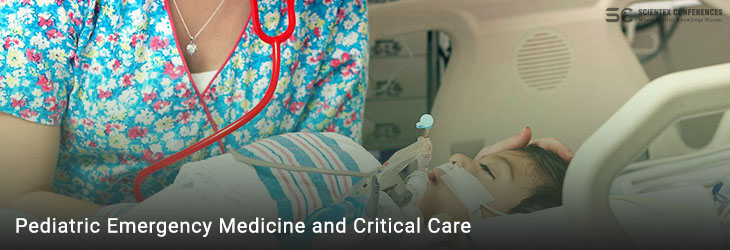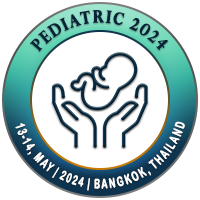Track: Pediatric Emergency Medicine and Critical Care

Sub-Track:
· Metabolic
· Seizure
·
First Aid Kits
Scientific Highlights
- Neonatology
- Pediatric Otolaryngology
- Pediatric Dermatology
- Pediatric Dentistry
- Pediatric Pulmonology and Heart Disease
- Pediatric Nutrition
- Pediatric Gastroenterology
- Pediatric Nephrology
- Pediatric Endocrinology
- Pediatric Orthopedics
- Pediatric Surgery
- Pediatric Oncology
- Pediatric Infectious Disease
- Child Psychology and Mental Health
- Pediatric Pharmacology
- Pediatric Healthcare and Nursing
- Pediatric Emergency Medicine and Critical Care
- Healthcare and Midwifery
- Pediatric Healthcare
- Preventive Medicine and Community Health
- Clinical case study of Pediatric and Healthcare

